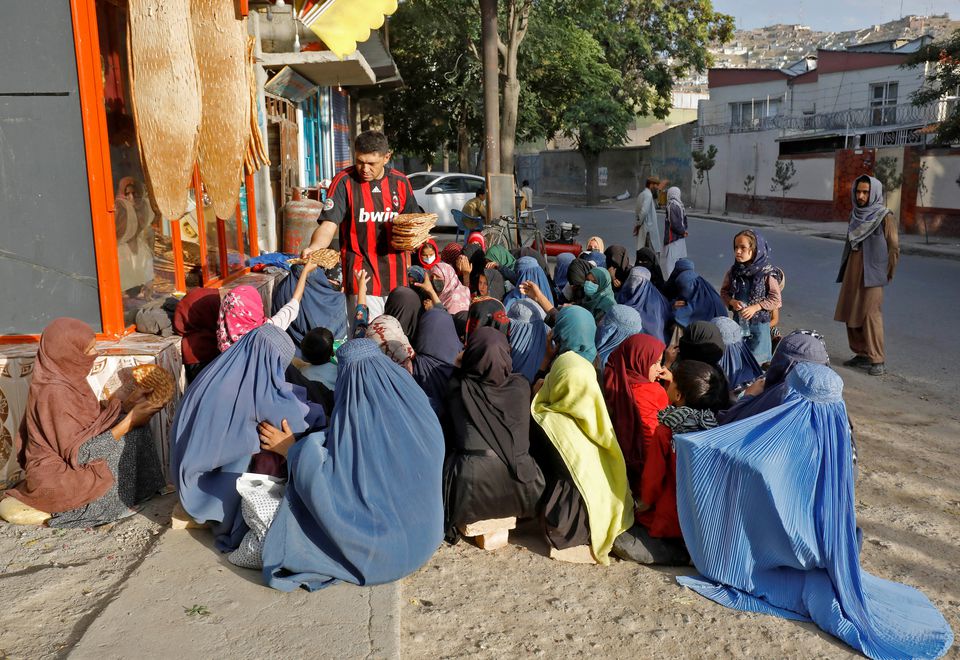Over 23.7mn people in Afghanistan, including 9.2mn children, are currently in need of urgent humanitarian assistance, according to the United Nations Office for the Coordination of Humanitarian Affairs (OCHA) report on November 28.

The report stresses the dire conditions in the country, with the OCHA highlighting that the rights and freedoms of women and girls have been severely restricted under the Taliban regime. These limitations have obstructed their access to essential services, including healthcare and education, and curtailed their involvement in public life.
Several factors continue to drive Afghanistan's deepening humanitarian crisis, including persistent poverty, ongoing conflict, and widespread food insecurity. Malnutrition remains widespread, and millions of people are displaced internally. Environmental hazards, such as landmine contamination and natural disasters, further exacerbate the situation.
Disease outbreaks, climate change, and political instability also contribute to the growing challenges. The United Nations and aid organizations are working under increasingly difficult conditions, as restrictions imposed by the Taliban on humanitarian aid operations intensify.
The World Food Program (WFP) has raised concerns about the impact of Taliban policies on aid distribution. Restrictions in provinces like Badakhshan, Herat, and Kandahar have hindered relief efforts, limiting the ability of organizations to deliver aid to those in need.
Afghanistan remains one of the 22 countries facing acute hunger, according to the latest WFP assessments. The agency reports that 12.4mn Afghans are suffering from “severe” food insecurity, with many families uncertain of when they will receive their next meal.
The WFP has noted the desperate measures taken by Afghan families in their struggle to survive, further illustrating the severity of the crisis.
Follow Daryo's official Instagram and Twitter pages to keep current on world news.
Comments (0)